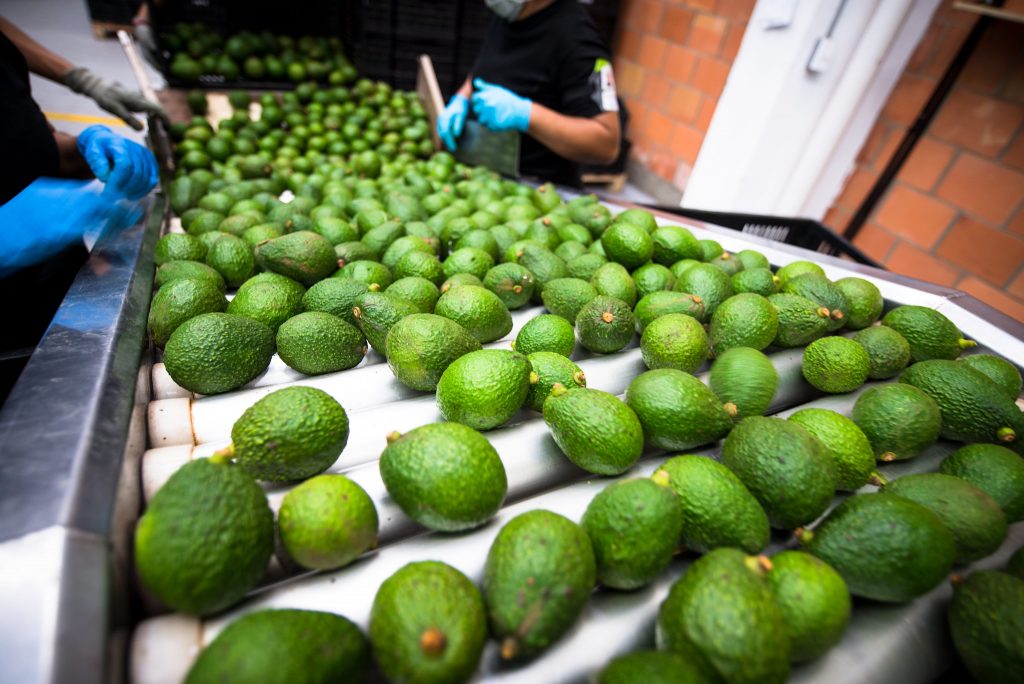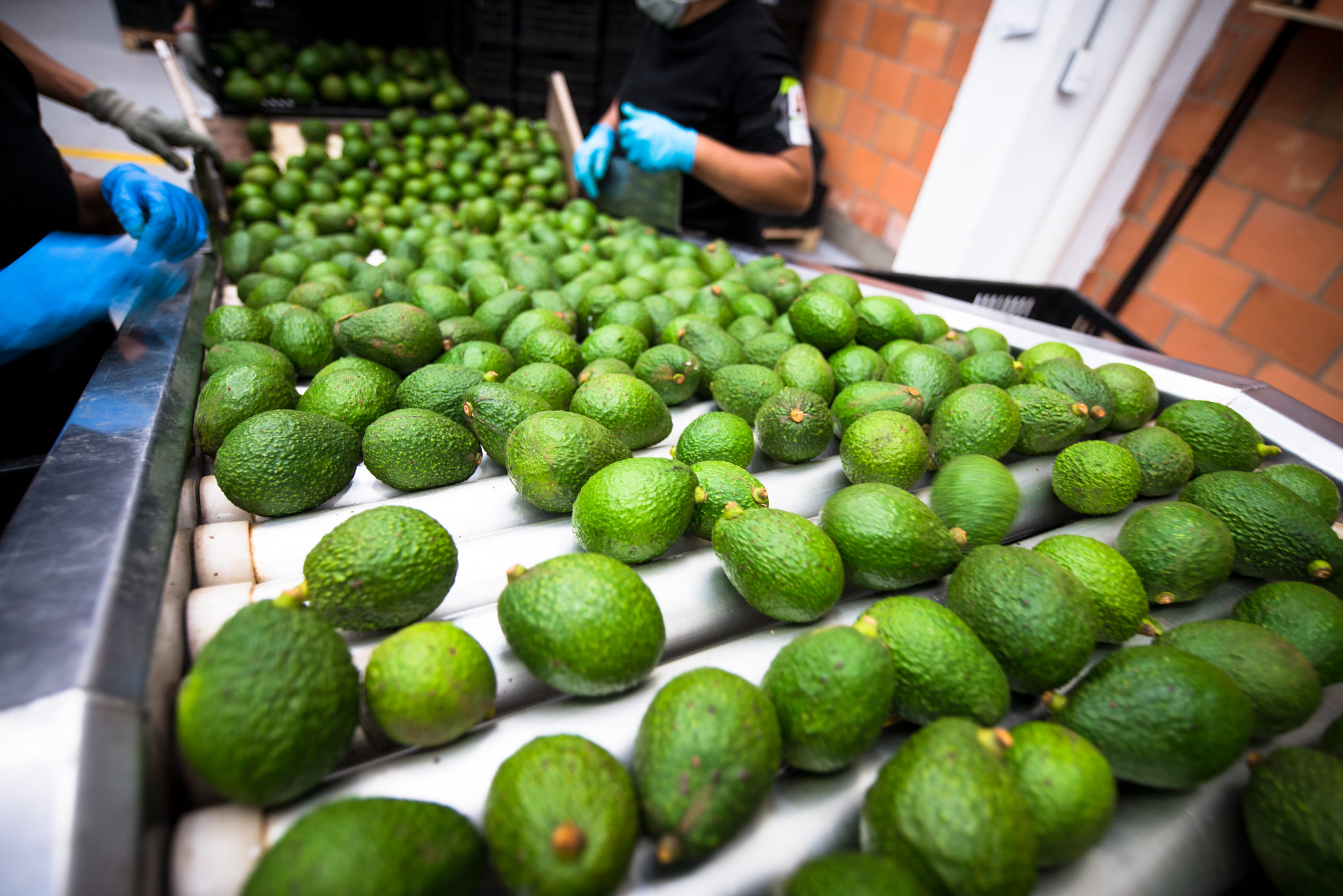Colombia promotes environmental and social sustainability certifications
“Today, the global trends suggest that sustainability in the life cycle of agri-food products must be shared by all links in the chain, by producers, industry, distribution channels and the consumer. In this sense, at ProColombia, we encourage the different agro-food exporting sectors of Colombia to gain environmental and social sustainability certifications, since international consumers and clients are increasingly aware of the importance of respecting the environment, natural resources. and, of course, people and animals,” said Flavia Santoro, president of ProColombia.
Two sectors that are heading in this direction are bananas and avocados. In Colombia, bananas are the third-largest agricultural export item after coffee and flowers, with shipments of more than 101 million 18.14 kg boxes in 2019, of which 79% went to the European market, 15 % to the United States, and the remaining 6% to smaller markets, where there has been a growing culture of sustainable consumption.
Bananas, a fair crop
The Colombian banana has several differentiating factors, including the organisation of the sector into unions. The main ones are AUGURA and ASBAMA, representing about 85% of the production for export. Likewise, there is a high level of compliance with certifications and voluntary sustainability standards (Voluntary Sustainability Standards -NVS14). In the agricultural sector, NVS are standards developed at the local, national or international level by public and private sector organisations for environmental and social improvements that promote sustainability throughout the value chain. In the banana sector, they define the criteria that the certified product or organisation must meet, often resulting in an identifiable seal for consumers. Linked to this is respect for workers’ rights. Employers and unions in the sector have opted for peaceful dialogue as a form of negotiation, with fair and transparent worker-employer relations, high levels of formalisation, as reflected in decent working conditions, such as the right to unionise, high wages, guarantees regarding housing, education, health, social security, and collective bargaining agreements, among others. Lastly, the sectors have made investments in the social development of communities and undertaken actions to take care of the environment.
Increased exports and certifications for avocados
As for the Colombian avocado, there has been unprecedented growth in recent years. While exports amounted to just US$107,918 (56 tons) in 2010, by 2019, sales abroad totalled US$89.1 million (44,570 tons). Between January and September 2020, exports of this fruit reached US$95 million, +34% compared to the same period of the previous year, and thus exceeding all exports for 2019. However, there has not only been an increase in exports, but also in the pace of certification. According to figures from NaturaCert, in 2019, 20,000 hectares of avocado were certified worldwide with the Rainforest Alliance seal, and Colombia had one of the highest growth rates: in 2018, it had 241 certified hectares, but by the end of 2019, it had almost 1,000 hectares. As for GLOBALG.AP, in 2019, there were around 700 certified avocado farms, which represented an increase of 30% compared to 2018. The projection is that this number will continue to grow because international markets, such as Europe and the United States, are concerned that the fruit is grown through sustainable practices and demand these certifications. Furthermore, in Colombia, irrigation systems are rare thanks to the fertile nature of the land, and the carbon footprint in terms of planting trees is positive.
These advances in compliance with national and international parameters have encouraged the Corporation of Avocado Producers and Exporters (Corpohass) to present a pilot plan for the creation of its own label, “Sustainable Hass”, which promotes sustainability among the various entrepreneurs involved in Hass avocado production, packaging and marketing. Thus, the body becomes one of the first to voluntarily orient itself towards a sustainability strategy.
For Jorge Enrique Restrepo, executive director of Corpohass,
“The creation of a referential seal with a sustainable approach is a commitment to improve the competitiveness of the Hass avocado. The implementation of Sustainable Hass will allow the sector to continue generating and sharing value for stakeholders throughout the chain. We believe it is important to start setting an example in sustainable practices to continue to establish this product, even more so when our higher purpose is precisely to lead the sustainability of the Colombian Hass avocado agribusiness.”




